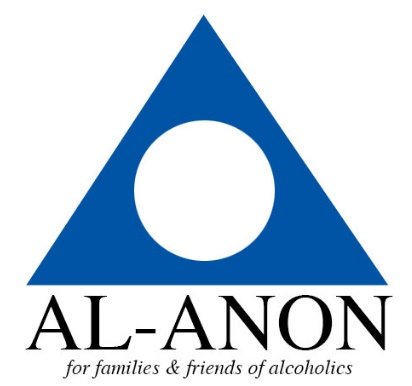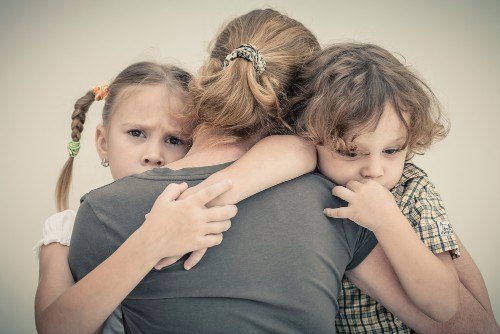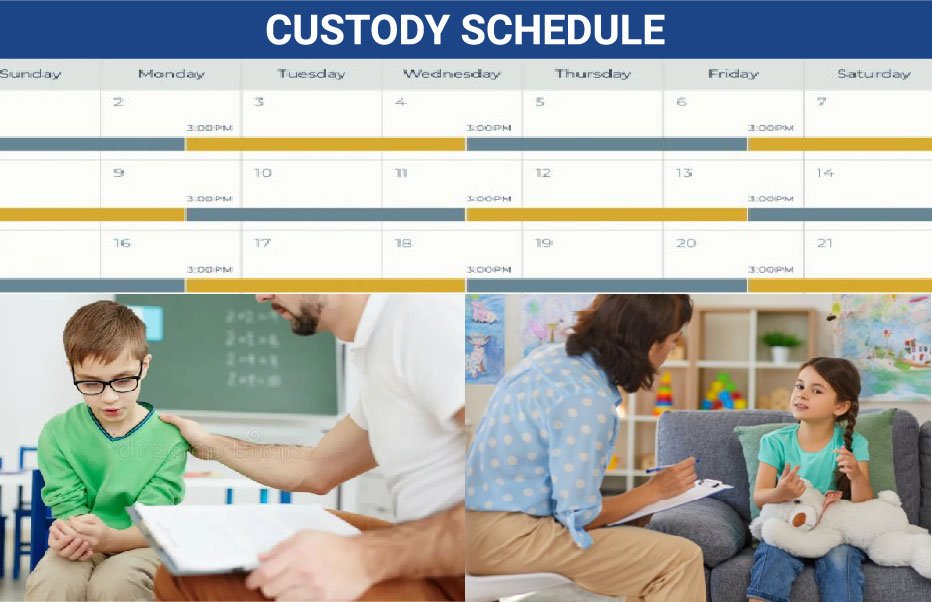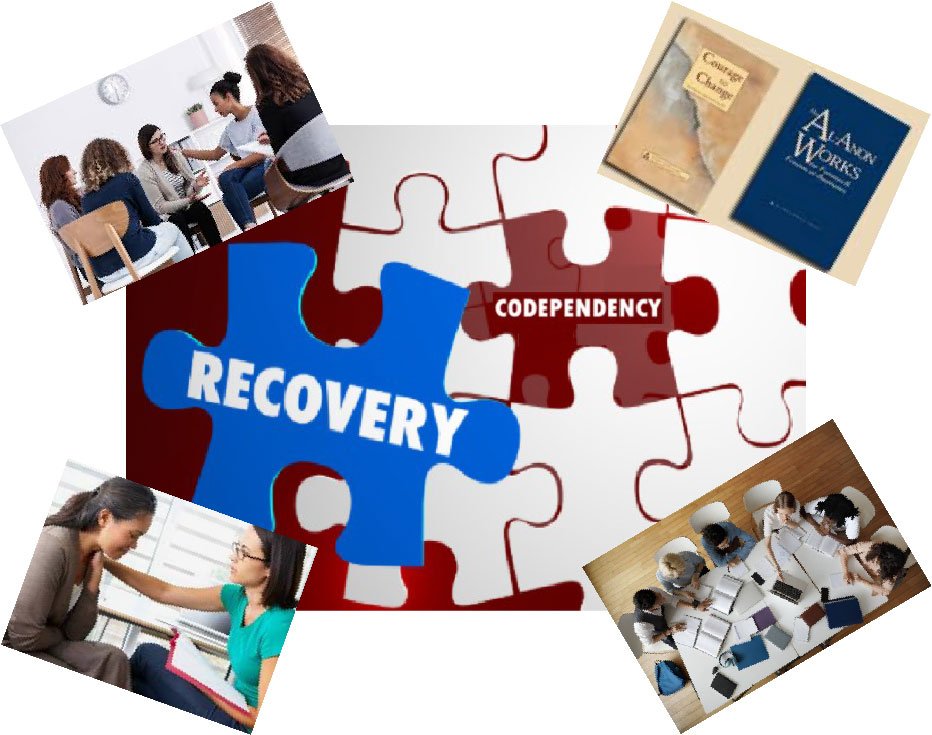Rage and
Separation
Rage
The Second Intruder

Stopping Short
For Jacquie, rage and verbal abuse were long-standing issues in the marriage, and rehab didn’t stop them—in fact, they grew worse. John’s outbursts became routine, erupting monthly with increasing intensity as he hurled insults, demeaned her, and even threatened divorce. His anger often spilled into their environment, leaving broken objects and slammed doors in his wake. The only boundary he never crossed was physical violence, a line Jacquie had firmly drawn. She endured the emotional abuse for a decade, partly because it echoed the patterns of her upbringing, but she knew without question—if he had ever hit her, she would have left immediately.
Community Support
On New Year’s Eve, Jacquie attended her first Al-Anon meeting, desperate for guidance and support. There, she found exactly what she needed—tools for self-care, boundary-setting, and the crucial insight that sobriety doesn’t automatically heal unhealthy behaviors, often referred to as being a “dry drunk.” With the help of her sponsor, she worked through the 12 Steps and began to heal old wounds, including forgiving her father, building on the progress she had started in her previous IOP. The Al-Anon community became her lifeline, especially as her boundaries with John grew stronger in response to his continued rage. Though it didn’t change John, it marked the beginning of real, lasting change in Jacquie.


Presenting Divorce
Jacquie reached her breaking point when John’s rage began to affect their young children, then just six and nine years old. After another explosive outburst, she stayed up late researching divorce. She was not quite ready to file but was determined to show him the seriousness of his threats. She printed the information and planned to take the kids to school the next morning before leaving for a few days, giving him space to sit with the consequences of his own words. In her mind, it was a warning shot—a final opportunity for him to recognize the damage he was causing. What happened next, however, was something she never saw coming.
Rejecting Divorce
Jacquie’s plan unraveled at 5 AM when John heard the hairdryer, saw her packed bag and the divorce papers, and erupted in a fit of rage. In that moment, he was like a cornered animal, furious and out of control. He ripped the papers to shreds and threatened to make sure the kids knew it was her fault. It was the closest he had ever come to crossing the line into physical violence. As he stormed out, Jacquie sat stunned, realizing this was no longer a conversation—it had become a battle. And just as she resolved to leave, John did something that would cut even deeper than his rage ever had.


Traumatized Children
Moments after John stormed out, Jacquie heard her children’s frantic cries as they rushed downstairs, begging her not to divorce their father. John had woken them up at 5 AM to tell them about the divorce, and in that moment, Jacquie hit rock bottom. Furious, she confronted him through clenched teeth, “WHAT. HAVE. YOU. DONE?!” She struggled to comfort the children as John continued to interfere. With a strength and resolve she had never before experienced, she pointed a finger in his face and commanded, “You need to back up. Right. Now!” Then she took the kids to the car to calm them down. Once they were at school, Jacquie did what she felt was the only option left—she left.
Separation Decision
Week 1

Day One
Jacquie’s separation from John began on March 17, 2014, leaving her without a plan, a home, or any clear direction. The only thing she knew for certain was that returning to him would imply that his behavior was acceptable. Paralyzed by uncertainty, she spent two hours sitting in her car before a friend called, offering support and encouragement. Following her friend’s advice, she called her Al-Anon sponsor, who suggested she stay, book a hotel for the night, and calmly explain the situation to her children. Jacquie followed the guidance, made an appointment with her IOP counselor, and decided to stay—but was still left wondering what the next step would be.
Priority One
The next five days were the most difficult of Jacquie’s life, as she lived hour by hour, unsure of where she would sleep each night. Her main priority was her children’s well-being, so she contacted their teachers to explain the situation and ask them to watch for any behavioral changes. She found a therapist for the children and scheduled counseling, while also setting a custody schedule to ensure she would see them daily. Amid the chaos, Jacquie focused on what she could control and let go of what she couldn’t.


Priority Two
Jacquie’s next priority became finding a place to live, and the first few nights were a blur of improvisation. She started with a hotel with an indoor pool for her children’s comfort, then used a gift certificate for the second night, followed by a cheap motel on the third, and finally slept on a friend’s couch on the fourth. Unable to afford two households and with no long-term solution, her mother offered to pay for a month in an extended-stay hotel, for which Jacquie was deeply grateful, but she knew the separation would last longer than that. Her plan was to find a job within the first month so she could support herself, realizing for the first time that her survival now depended entirely on her.
Family Abandonment
On day three of her separation, Jacquie broke the unspoken rule of silence and reached out to John’s sister, hoping she would support her as she had done five months earlier when she confronted John about his drinking. Jacquie shared everything, expecting her to offer support, but instead, his sister responded with a sigh, saying, “I was hoping it wasn’t that bad,” and then fell silent. Weeks later, she texted Jacquie on Mother’s Day as if nothing had happened. Meanwhile, John’s family remained firmly on his side, with his father even suggesting he get a lawyer, while Jacquie just wanted their help confronting John’s emotional and verbal abuse. Ultimately, she realized she was facing this battle alone.


Supportive Strangers
Jacquie also broke the rule of silence with friends, and to her surprise, the most meaningful support came from people in the recovery community—many of whom she had never met. A member of John’s AA home group offered her a vacant house to stay in rent-free, though it was in rough shape. Her Al-Anon sponsor and two men from another AA group spent an entire day helping her clean and make it livable, while others in Al-Anon provided emotional support. When she questioned whether leaving was the right decision, someone simply said, “You’re not doing the wrong thing”— supportive words that gave her strength. Her mother also drove six hours to help in any way she could. In the end, it was strangers and her own family—not John’s—who carried her through that incredibly difficult week.
Releasing Pain
After six days of surviving moment to moment, Jacquie finally found herself alone with no more logistics to manage, just silence. Sitting at the foot of an unmade bed, she cried out to God before collapsing to the floor in tears. Her family was unraveling, and the only way to stop it would have been to return to John’s rage and verbal abuse, something she could no longer endure. She felt completely powerless, and the first week of separation became the hardest thing she had ever faced. But in that pain, she realized she wasn’t just surviving anymore. She was making a choice to pursue something different, even if she didn’t yet know where it would lead.

Separation Sustainment
Week 2-16
Self-Focus

In her first week in a new environment, Jacquie began searching for a job, driven by a need for stability. But during a morning devotion, she felt a clear message from God: “Have I not provided for you? Why do you need a job right now? I want you to heal.” That moment shifted her focus from survival to recovery. She committed to making healing her full-time job, creating a structured weekly routine centered around personal growth. Her schedule included Al-Anon meetings, an open AA Big Book study, working the 12 steps with her sponsor, group therapy, individual counseling, and immersing herself in recovery literature. For the first time in years, she prioritized herself—not her marriage, not John, not fixing or managing anyone else. Just herself.
Marriage Counseling
During their separation, Jacquie held a clear expectation that they would pursue marriage counseling as an alternative to divorce. The therapist they found quickly identified John’s rage as a symptom of unresolved trauma and introduced them to Internal Family Systems (IFS), a therapy model that links present-day behaviors to past emotional wounds. Although John didn’t initially believe he had experienced trauma, he agreed to engage in the process. However, despite his willingness, his reactive behaviors in the present remained so intense that they prevented him from accessing the deeper healing needed to move forward.


EMDR Breakthrough
At their therapist’s recommendation, Jacquie and John explored Eye Movement Desensitization and Reprocessing (EMDR), a method designed to help the brain process difficult thoughts and memories—especially those related to trauma. Though John didn’t believe he had PTSD, he was willing to try anything to save their marriage. On July 12, 2014, everything shifted. John entered the session full of rage, but after just two brief rounds of EMDR, he broke down in tears, suddenly recognizing the harm he had caused. At first, Jacquie was cautious, unsure if the change would last—but when he continued calling her “my bride” days later, she trusted that something had shifted. Four months after their separation began, she moved back home.
New Beginnings
In the months that followed, John began using EMDR on his own to regulate his emotions. When triggered, he would step away, use an app on his iPad to self-administer EMDR, and return calm and composed. It felt nothing short of miraculous. For the first time, Jacquie truly believed his uncontrollable rage was no longer a threat to their marriage. More importantly, she saw his commitment to continued healing through ongoing IFS therapy to address the trauma at its core. Over the next nine months, their relationship experienced a new level of peace and connection, and they began planning to renew their wedding vows the following summer. Jacquie believed they had finally made it—but what lay ahead would reveal an even deeper challenge: family enmeshment.


